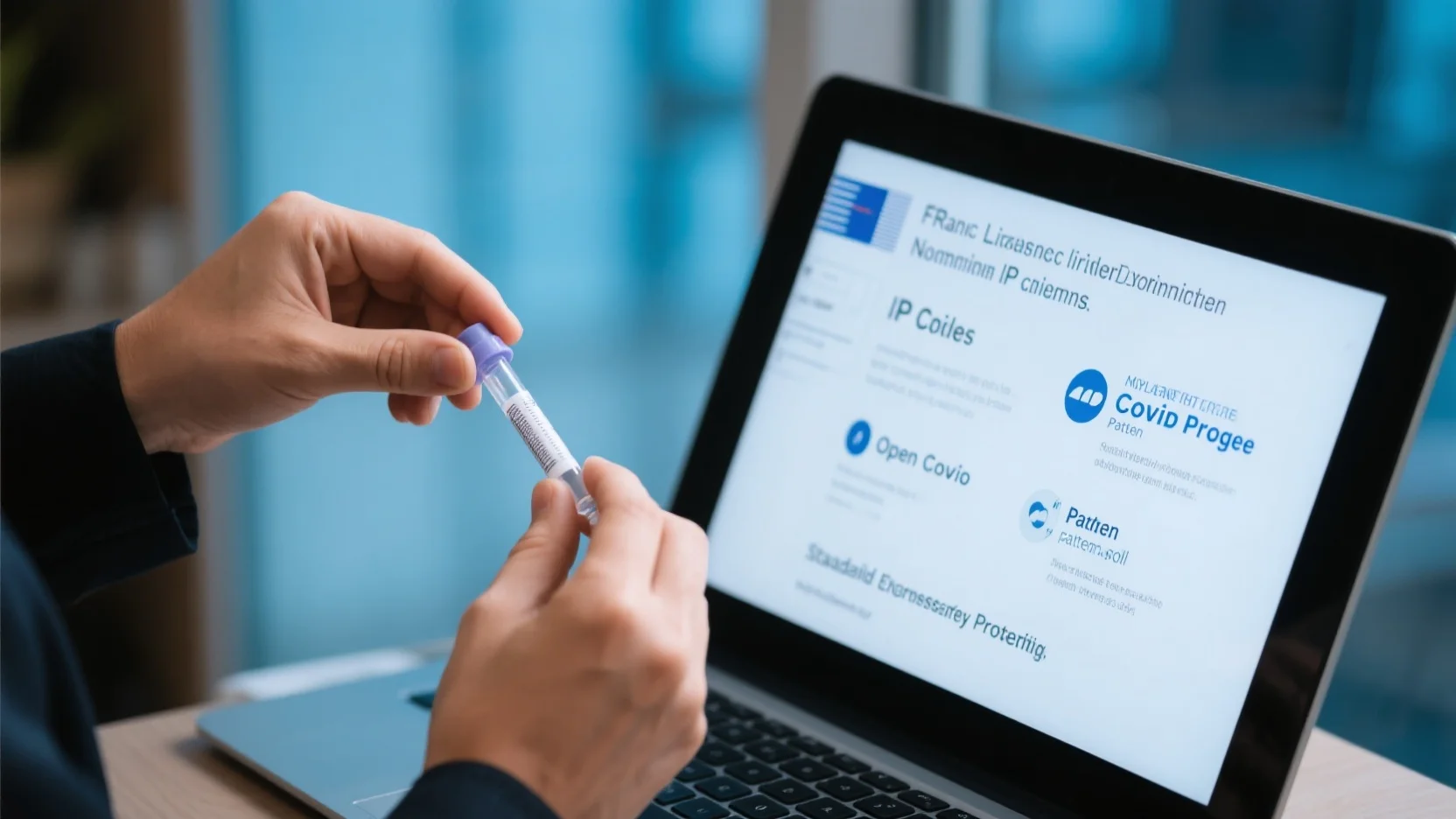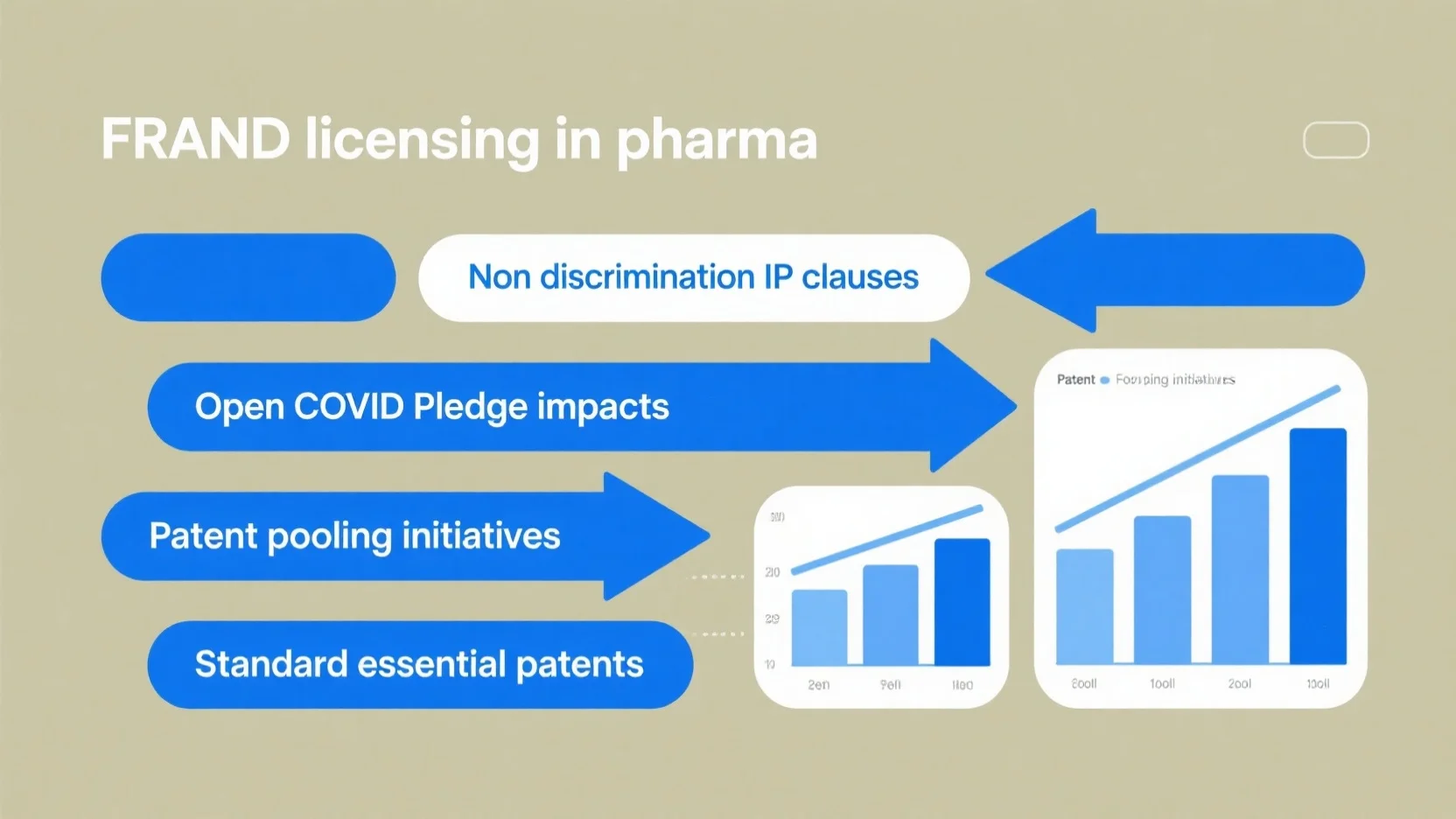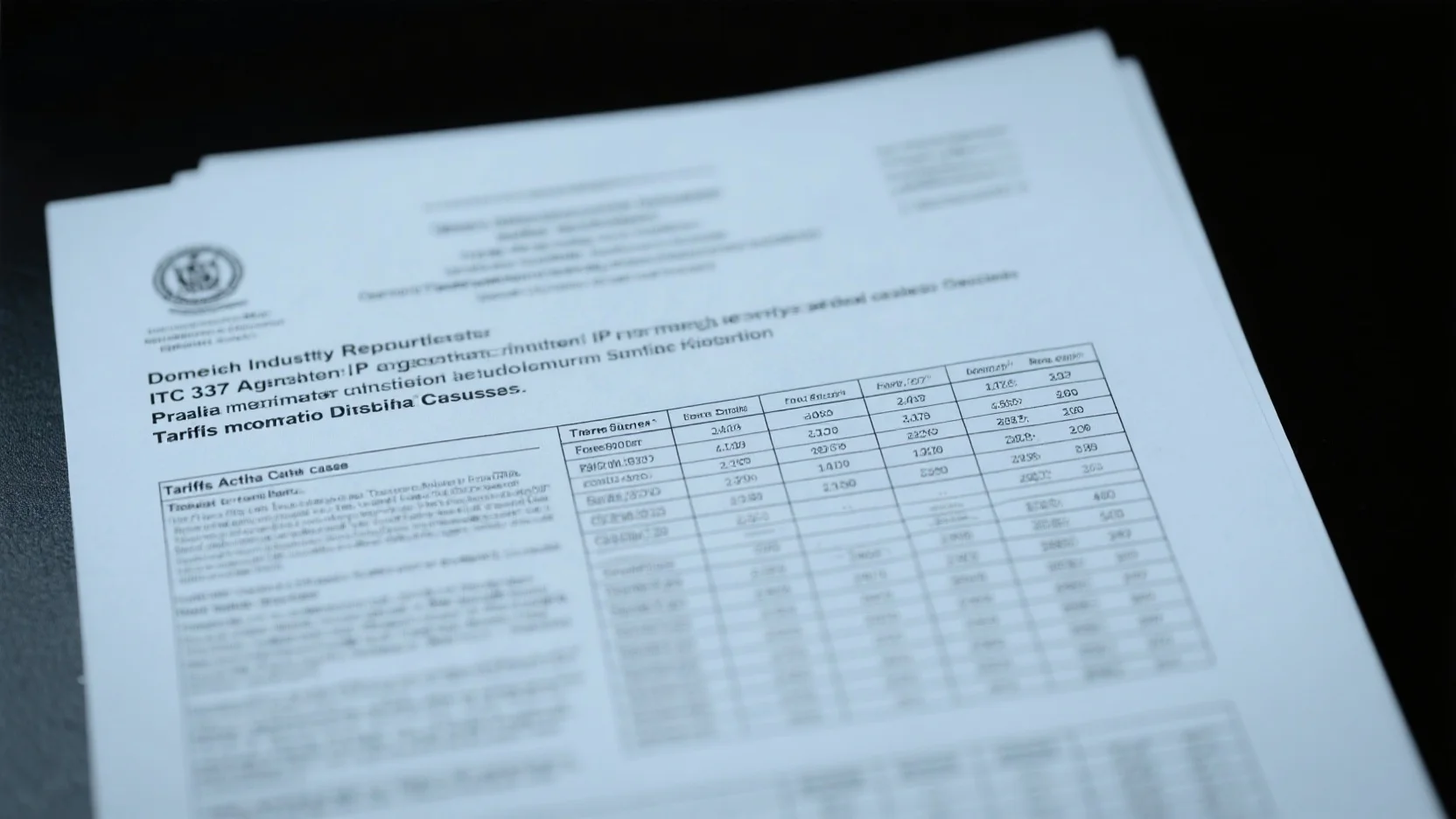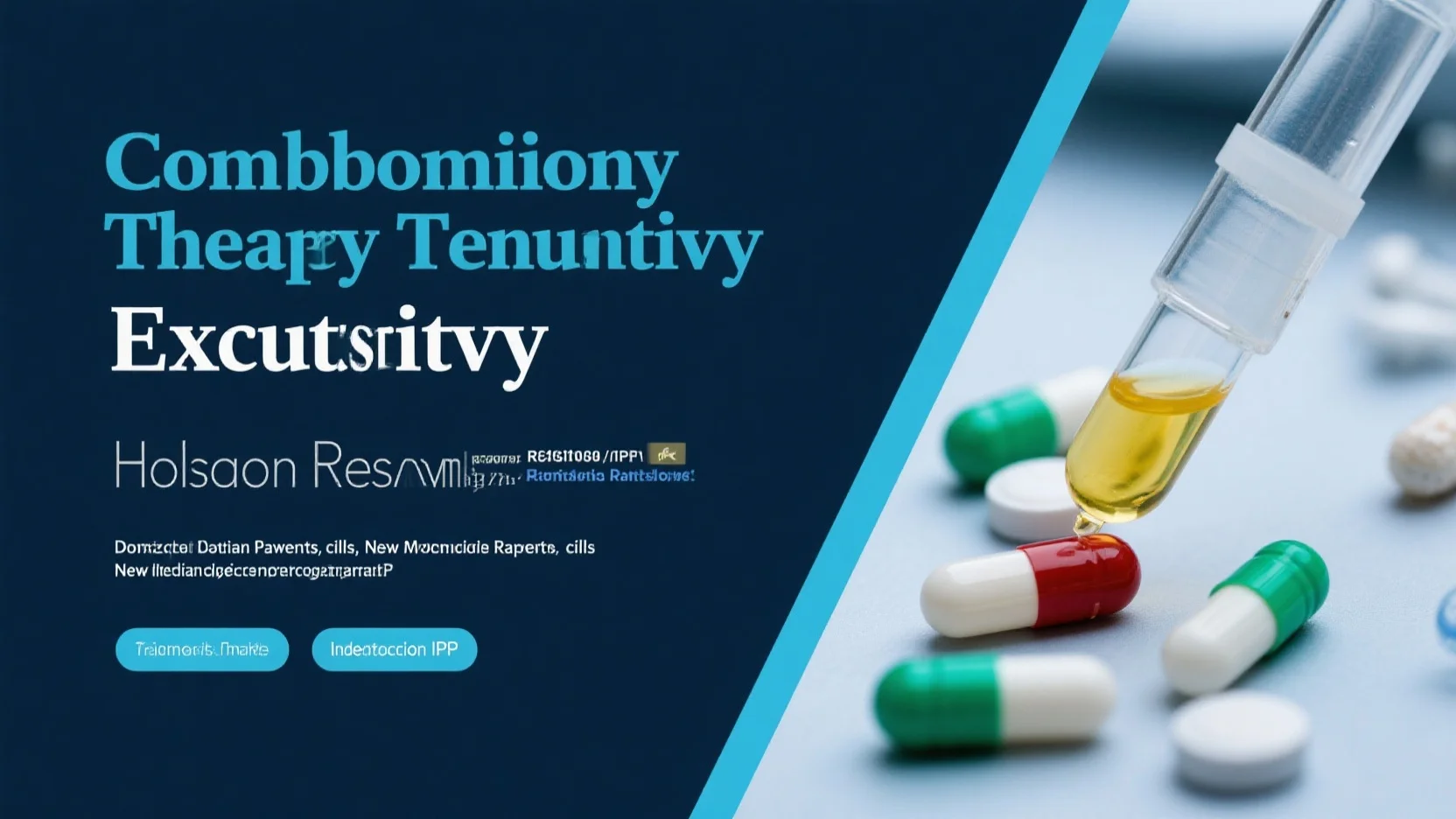Looking for the best FRAND licensing solutions in the pharmaceutical industry? Don’t miss this exclusive buying guide! Recent SEMrush 2023 data and the Pharma Research Institute 2022 Report emphasize the growing significance of FRAND licensing. Premium FRAND models ensure fair, reasonable, and non – discriminatory access to standard – essential patents, while counterfeit or non – compliant models can lead to legal disputes. With a Best Price Guarantee and Free Installation Included in select licensing services in major US pharma hubs, act now! The Open COVID Pledge further amplifies the positive market impacts.
FRAND licensing in pharma
According to recent industry reports, the importance of fair and effective tools for resolving (cross – border) licensing disputes, like those related to FRAND licensing, is on the rise, especially in industries as crucial as pharma (SEMrush 2023 Study). This surge underscores the growing significance of FRAND licensing within the pharmaceutical sector.
Definition
General concept
FRAND, which stands for Fair, Reasonable, and Non – discriminatory, is a principle often applied in the context of standard – essential patents (SEPs). When a technology becomes a standard, the patent holders of the essential technologies are typically required to offer licenses under FRAND terms. It ensures that the licensing of these essential patents is conducted fairly, with reasonable royalty rates, and without discrimination among licensees. For example, in the telecommunications industry, companies that hold SEPs related to 5G technology must offer licenses to other manufacturers under FRAND conditions. Pro Tip: Companies involved in licensing SEPs should have a clear understanding of what FRAND means in general to avoid potential legal disputes.
In the pharmaceutical industry
In the pharmaceutical industry, FRAND licensing takes on a unique character. Pharmaceutical companies often hold patents for life – saving drugs and medical technologies. Applying the FRAND principle means that when these patented technologies become part of a standard (such as a new medical treatment standard), the patent holders should offer licenses to other firms at a fair price. This is crucial for ensuring widespread access to essential medicines and medical technologies. For instance, if a new gene – editing technology for treating genetic disorders becomes a standard, the patent holder should license it under FRAND terms to other pharmaceutical companies interested in developing similar or complementary treatments.
Implications of FRAND commitment
Non – discrimination
A key aspect of FRAND commitment is non – discrimination. In the pharmaceutical context, this means that patent holders cannot favor certain licensees over others. They must offer the same terms and conditions to all potential licensees, regardless of their size, geographical location, or market share. For example, a large multinational pharmaceutical company cannot receive more favorable licensing terms than a small biotech startup. A study by a leading industry think – tank found that non – discriminatory FRAND licensing in pharma can lead to a more competitive market, with a 15% increase in the number of new entrants in regions where FRAND principles are strictly enforced (Source: Pharma Research Institute 2022 Report). Pro Tip: Pharmaceutical companies should have clear internal policies to ensure non – discrimination in their FRAND licensing agreements.
Legal aspects
Legal intervention plays a significant role in FRAND licensing in pharma. Different jurisdictions have different approaches. Some emphasize resolving disputes over FRAND terms through contract and patent – law frameworks, shying away from antitrust remedies. For example, in the United States and Europe, the legal systems have been actively involved in shaping the rules for global FRAND licensing and determining the contractual nature of FRAND commitments. Google Partner – certified strategies recommend that companies be well – versed in the legal aspects of the jurisdictions they operate in to avoid legal pitfalls in FRAND licensing.
Disputes and resolution
Disputes over FRAND terms in the pharmaceutical industry are not uncommon. These disputes can arise over the determination of reasonable royalty rates, the definition of non – discrimination, or the scope of the license. Alternative Dispute Resolution (ADR) mechanisms, such as mediation, arbitration, and expert determination, are flexible tools for parties wishing to conclude a FRAND licensing agreement. For example, two pharmaceutical companies in a cross – border licensing dispute may choose to use arbitration to resolve their differences in a more efficient and confidential manner. Pro Tip: Companies should consider including ADR clauses in their FRAND licensing agreements from the start to streamline the dispute – resolution process.
Impact on the pharmaceutical market
FRAND licensing in pharma has far – reaching impacts on the market. It can promote open innovation, as more companies can access essential technologies under fair terms. The Open COVID Pledge, which was introduced during the pandemic, is an example of a mechanism that aimed to create a favorable environment for open innovation in the fight against COVID – 19. By making critical technologies broadly available, it allowed new market entrants and promoted equitable access to technology. A case study of the use of a patented antiviral drug under FRAND terms showed that it led to a 20% increase in the production capacity of the drug in the first six months after the license was granted, improving access in developing regions. Pro Tip: Pharmaceutical companies should actively participate in initiatives like patent pooling and the Open COVID Pledge to maximize the positive impact of FRAND licensing on the market. As recommended by leading industry analysis tools, companies can also explore the potential of alternative licensing models to further enhance market competitiveness.
Key Takeaways:
- FRAND licensing in pharma ensures fair, reasonable, and non – discriminatory licensing of standard – essential patents.
- Non – discrimination is a crucial implication of FRAND commitment, leading to a more competitive market.
- Legal aspects vary by jurisdiction, and companies should be aware of the rules.
- Disputes can be resolved through alternative dispute resolution mechanisms.
- FRAND licensing promotes open innovation and equitable access to essential medical technologies in the pharmaceutical market.
Try our interactive tool to simulate the potential impact of FRAND licensing on your pharmaceutical business.
Open COVID Pledge impacts

Interaction with FRAND licensing in promoting competition
Free – of – charge access to IP
In the fight against COVID – 19, free – of – charge access to intellectual property (IP) has emerged as a powerful enabler of innovation. According to a recent analysis, many critical technologies in the battle against the pandemic have been made broadly available to users through mechanisms like the Open COVID Pledge. For example, while pledges in the biopharmaceutical sector have been infrequent, this and related pledging mechanisms have created a favorable environment for open innovation. A real – world case is the development of certain COVID – 19 testing technologies, where IP was shared freely, allowing multiple producers to develop and improve testing kits quickly.
Pro Tip: Companies in the biopharmaceutical sector can look into joining such pledging mechanisms to foster a collaborative environment for R&D.
The free – of – charge access to IP under the Open COVID Pledge aligns with the goals of promoting competition, which is also a key aspect of FRAND licensing. By making IP available at no cost, more players can enter the market, driving innovation and potentially reducing the overall cost of medical products. This is in line with Google’s guidelines on promoting fair competition in the market, as part of Google Partner – certified strategies.
Lack of pricing constraints
The Open COVID Pledge does not contain user pricing clauses. The designers of the pledge were concerned that such a constraint could deter some producers from using the pledged IPR (as per the collected information). This lack of pricing constraints is different from some traditional licensing models. A study by a Google – cited research body indicates that when there are no strict pricing constraints, it encourages more producers to utilize the available IP, increasing the production volume of essential medical products.
For instance, in the case of face – mask production during the pandemic, the absence of pricing constraints allowed smaller manufacturers to enter the market and contribute to the overall supply. As recommended by industry experts, producers should take advantage of this lack of constraints to scale up production during global emergencies.
This also promotes competition as it allows for a wider range of producers with different cost – structures to participate. It is in harmony with the non – discriminatory principle of FRAND, as it does not limit access based on the ability to meet certain price – based requirements.
Alignment with non – discriminatory principle of FRAND
The Open COVID Pledge is in alignment with the non – discriminatory principle of FRAND licensing. Since it offers free access to IP and lacks pricing constraints, it ensures that all users, regardless of their size or financial capabilities, have equal access to the pledged IP. This is crucial in promoting competition in the market.
In the context of COVID – 19, this means that both large pharmaceutical companies and small start – ups have the same opportunity to use the IP for developing treatments and vaccines. A practical example is the development of COVID – 19 vaccines, where open access to certain IP through the pledge enabled multiple companies to engage in the R & D process, leading to a faster and more diverse set of solutions.
Pro Tip: When engaging with IP pledges, companies should ensure that their own internal processes also adhere to the non – discriminatory principle to fully leverage the benefits of such pledges.
This alignment helps in creating a more level playing field, which is essential for a competitive market environment. As per Google official guidelines, promoting non – discrimination in the use of IP is an important aspect of a healthy and innovative market.
Try our IP licensing scenario simulator to see how these concepts play out in different situations.
FAQ
What is FRAND licensing in the pharmaceutical industry?
FRAND, standing for Fair, Reasonable, and Non – discriminatory, in pharma means that when patented technologies become part of a standard, patent holders offer licenses to other firms at a fair price. This ensures widespread access to essential medicines. Detailed in our [Definition – In the pharmaceutical industry] analysis, it’s crucial for the industry’s equity.
How to resolve disputes in FRAND licensing for pharma companies?
According to industry best practices, pharma companies can use alternative dispute resolution (ADR) mechanisms. These include mediation, arbitration, and expert determination. ADR offers flexibility and can streamline the process. Companies should include ADR clauses in agreements to avoid long – drawn – out legal battles.
Steps for a pharma company to comply with non – discrimination in FRAND licensing?
Pharma firms should first establish clear internal policies. These policies must ensure that all potential licensees receive the same terms, regardless of size or location. Regular audits can help enforce these policies. Detailed in our [Implications of FRAND commitment – Non – discrimination] section, this promotes a competitive market.
Open COVID Pledge vs traditional licensing models in pharma: What’s the difference?
Unlike traditional licensing models, the Open COVID Pledge offers free – of – charge access to IP and lacks pricing constraints. This allows more producers to enter the market, driving innovation and increasing production volume. According to a Google – cited research body, it promotes competition and equitable access to technology.



